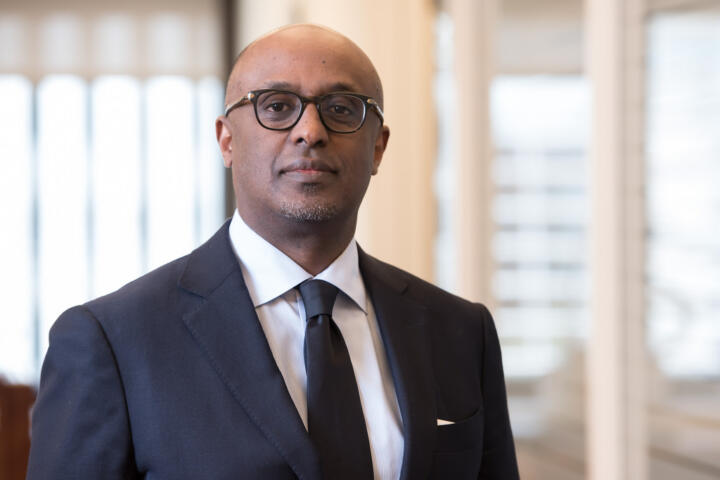Mr. Abebe Aemro Selassie, the Director of the African Department at the International Monetary Fund (IMF), has underscored the importance of ensuring that African economies are attractive to mitigate the mass emigration of Africans to other parts of the world. Selassie made these remarks during a press briefing on the Sub-Saharan Africa Regional Economic Outlook.
Selassie’s statements come in the context of a growing phenomenon where individuals who should ideally be driving Africa’s development are leaving the continent in significant numbers, leading to a concerning brain drain.
He emphasized the need to make African economies as attractive and robust as possible, with a focus on creating an environment that allows African citizens to thrive and make the most of their potential. These reforms, according to Selassie, should not only aim at attracting foreign businesses but also enable African people to flourish within their home countries. This, he believes, is essential for stemming the tide of emigration.

Selassie also acknowledged the reality that some emigration is inevitable, as Africans seek better opportunities abroad. However, he proposed that measures should be explored to encourage individuals who have left the continent to contribute back to Africa. Remittances, for instance, play a crucial role in the economies of many African countries, and initiatives should be in place to maximize this contribution. Additionally, attracting investments from the African diaspora could be another way to benefit from the skills and resources of Africans who have left the continent.
The issue of emigration, particularly the brain drain, is a critical challenge faced by many African countries. While some emigration is driven by factors beyond the control of individual countries, such as political instability and conflicts, others are influenced by economic and developmental issues. The imperative for African nations is to create an environment where the best and brightest citizens are incentivized to stay and actively contribute to their countries’ growth.
Moving on to the issue of Nigeria’s debt, Selassie highlighted the primary reason for the fiscal pressures faced by the country. He pointed out that the Nigerian government is not generating sufficient tax revenues to cover the extensive range of services it needs to provide to its citizens. The high proportion of revenues used to service interest payments on debt leaves minimal room for government expenditure on other essential areas.
Selassie identified the over-reliance on oil revenue and the subsidy regime as interconnected factors contributing to the dearth of tax revenues. Historically, Nigeria heavily depended on oil revenue when prices were favorable. Additionally, the subsidy regime led to significant financial losses for the government, diverting resources from areas where they could have been better utilized.
Furthermore, these issues have contributed to inflation, as the government, unable to access international capital markets easily, has increasingly resorted to domestic financing. This practice, in turn, has crowded out the private sector and weakened the exchange rate, resulting in a complex web of interconnected problems.
Selassie also acknowledged the potential inherent in Nigeria, despite these fiscal challenges. He underscored the importance of holistic reforms that complement one another. While he commended the government for measures such as exchange rate reforms and fuel subsidy unification, he stressed that these reforms must be part of a broader package of changes that address fiscal challenges comprehensively.
A more coordinated approach, including monetary policy adjustments and measures to increase tax revenues, is essential to ensure the success and sustainability of these reforms. Selassie expressed optimism about the newly appointed leadership in Nigeria, including the Central Bank Governor and the Minister of Finance, and their ability to lead the country in the right direction. The IMF, he assured, stands ready to provide policy advice and support as needed.
In summary, Mr. Abebe Aemro Selassie’s insights shed light on the critical challenges facing African nations, including the need to make economies attractive to prevent mass emigration and the fiscal challenges in Nigeria driven by a lack of tax revenues. His comments also emphasize the importance of holistic reforms that address these challenges comprehensively and the role of the IMF in providing guidance and support to African countries as they navigate these complex issues.
Support InfoStride News' Credible Journalism: Only credible journalism can guarantee a fair, accountable and transparent society, including democracy and government. It involves a lot of efforts and money. We need your support. Click here to Donate
